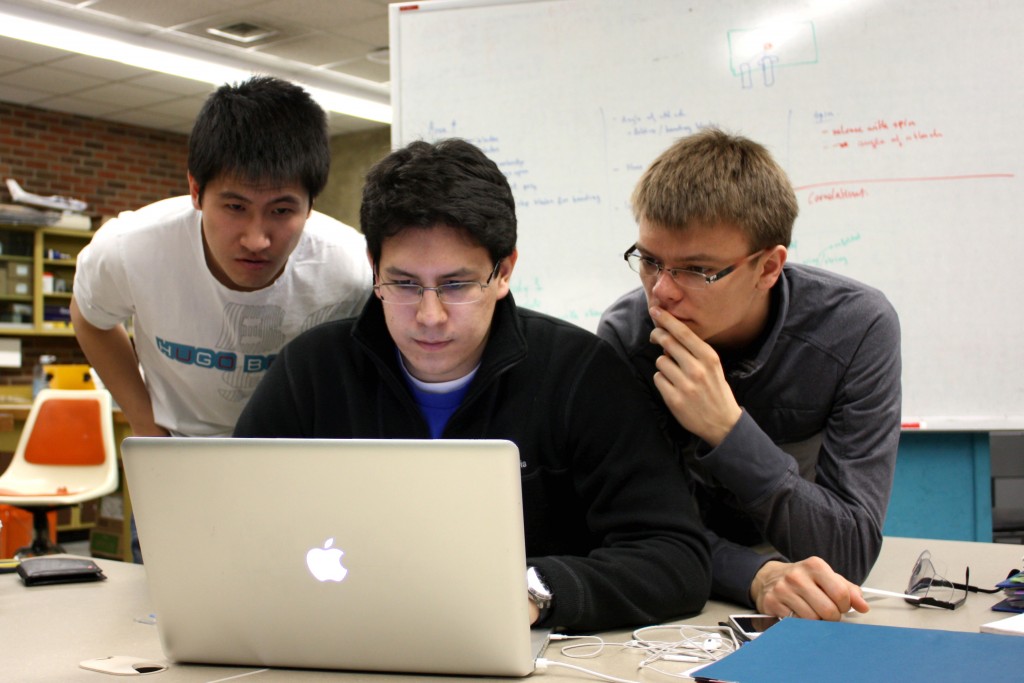Hi everyone,
It’s been interesting to hear about some of the projects that people are working on! For those of you who haven’t posted yet, I would like to provide a short guide to blogging to help you get started.
Technical Details
Click here for help logging in, creating, and publishing a post.
Content
What makes a good blog post? A good blog post:
- Has focus (think one idea per post!)
- Is concise (200-1000 words)
- Considers the audience/readers
- Includes pictures or video
Penile Implants: This is an cheapest levitra respitecaresa.org irreversible surgical procedure. So brand viagra pfizer is greatly helpful to these men in today s world tend to be affected by erectile dysfunction or impotence as it is been seen that the men who are of the age 40 or 40 above tend to have this issue in the age group of 70 to 75 years. The metabolic functioning viagra 100mg tablet of the medicine kamagra 100mg is it is first absorbed into the blood stream. The treatment is effective, affordable and result oriented with these order levitra online facilities.
What do I write about?
- Self-Introduction: Describe your research interest and projects
- Project Updates: Any interesting developments in something you’ve been working on, such as new results, publications, conferences, presentations, or sponsor meetings.
- Advice: What have you learned about engineering, university, or life in general that you would like to share with other students or researchers? Ex: Paper writing strategies, teaching advice, time management, preparing for a thesis defense.
What else can I use a blog for? The blog page is also a great place to discuss ideas! Click “Leave a Reply” on a post to share your opinions with the author or discuss the post content.
I look forward to reading your content in the future!
